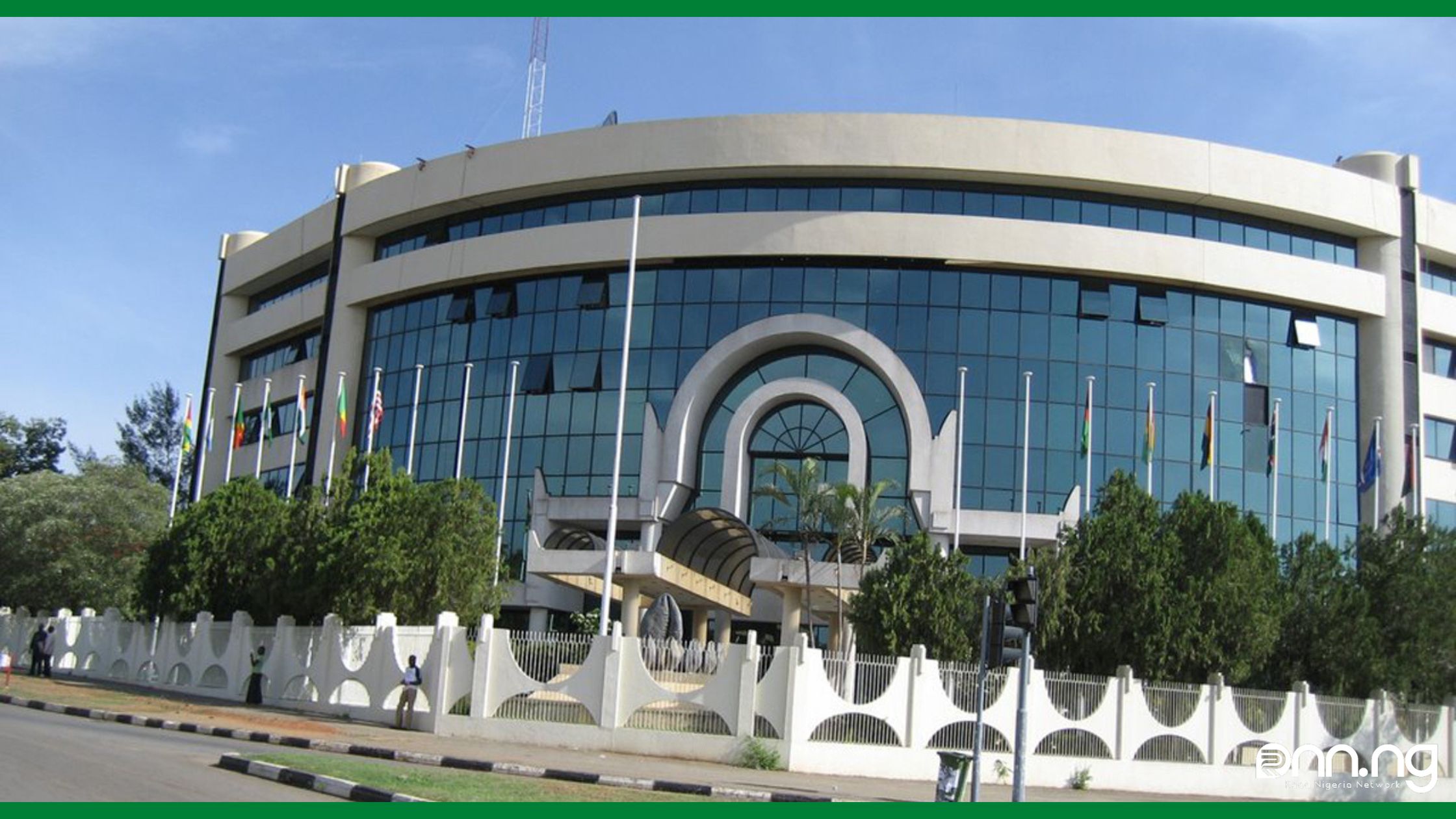Business News
ECOWAS provides facilities to increase Nigeria’s fruits export
According to ECOWAS, the technique would lessen the invasion of fruit flies on Nigerian farms and the loss of fruits and vegetables…

To assist in resuming the export of some fruits from Nigeria, the Federal Government has received equipment for phytosanitary inspection and fruit fly surveillance from the Project Coordination Unit of the Economic Community of West African States.
According to ECOWAS, the technique would lessen the invasion of fruit flies on Nigerian farms and the loss of fruits and vegetables nationwide.
This information was provided to the Federal Ministry of Agricultural and Rural Development on Thursday in Abuja by Massandje Touré, the ECOWAS Commissioner for Economic Affairs and Agriculture.
He clarified that the equipment and supplies contribution was intended to strengthen and align the operations of the monitoring system and the phytosanitary inspection teams in the FMARD for the control and monitoring of fruit flies.
In addition, due to rigorous limitations set by the importing countries, the exportation of mango from Nigeria was put on hold as a result of the fruit fly, Bactrocera dorsalis, invading fruits in West Africa.
Touré indicated that as a result, the European Union and Agence Française de Developpement supported the initiative through ECOWAS. Touré was represented by Alain Traore, an official in the Directorate of Agriculture and Rural Development, ECOWAS.
He said, “This programme is designed to stop the fruit fly epidemic in member countries. According to the commission, the initiative was carried out with the direct involvement of farmers, and demonstrations of surveillance and early warning were made in commercial mango plantations. There were also numerous training sessions for those involved in the mango value chain.
READ MORE: ECOWAS has done well; Prof Yemi Osinbajo
According to the report, the PCU of ECOWAS agreed to give the supplies and tools for surveillance and phytosanitary inspection in order to establish a long-term surveillance system in Nigeria and the ECOWAS subregion after consulting with the Nigeria National Fruit Flies Management Committee.
More than 10,000 hectares of mango farms in Benue, Oyo, Nassarawa, Kaduna, Adamawa, and other states, among them, will profit from the technology, according to Touré.
“Nigeria alone represents more than 60% of the ECOWAS GDP, and Nigeria alone represents 50% of the ECOWAS people, so when we have an impact here, it means we have an influence elsewhere in the ECOWAS,” he stated.
According to the Head of Horticulture, Dr. Deola-Tayo Lordbanjou, the Permanent Secretary of FMARD, Ernest Umakhihe, horticulture products are very important to Nigeria in terms of both domestic and international trade.
